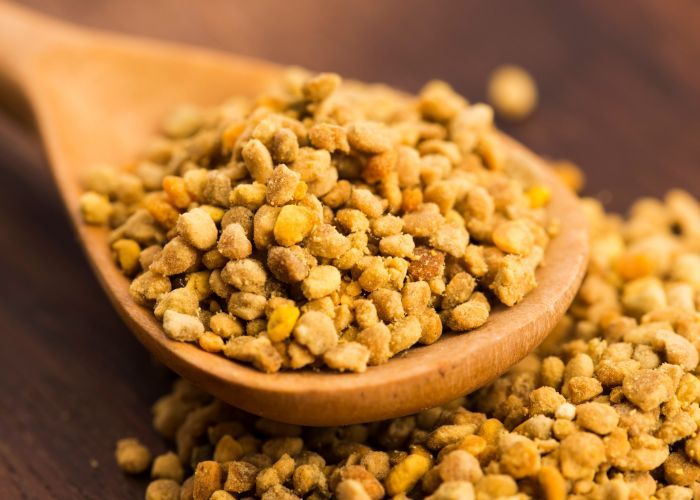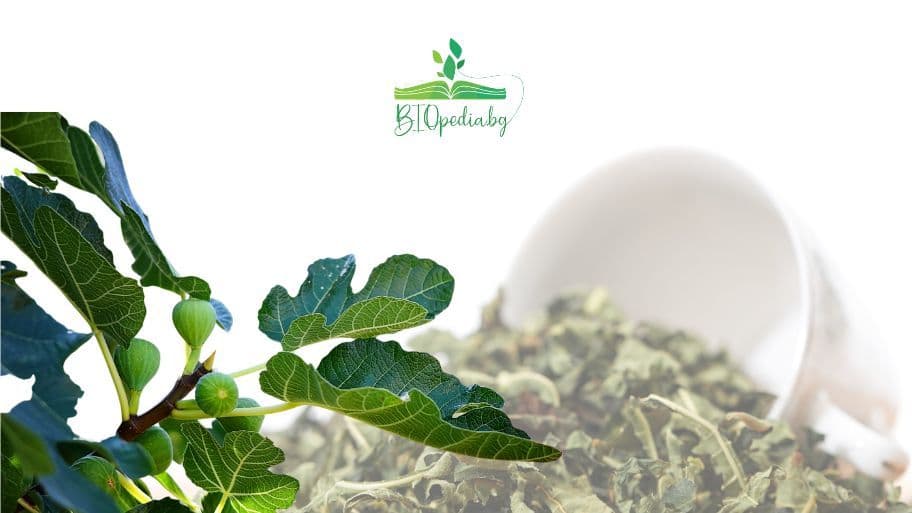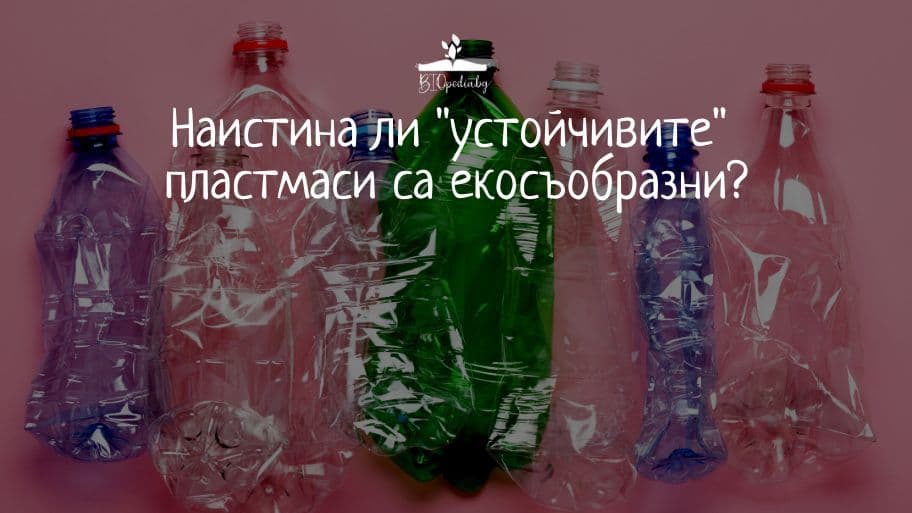Bee pollen - a true miracle of nature that supports human health in all sorts of ways. It is a mixture of pollen, nectar, enzymes, honey, wax and various secretions of bees. Working honey bees collect pollen from flowers and plants and transport it to their hives. There the pollen is stored and used to feed the entire swarm of bees. And what are the biggest benefits of taking bee pollen? That's what you'll learn in thisBiopedia article.
Bee pollen should not be confused with other bee products such as honey, royal jelly or honeycomb. These products may contain bee pollen, but they may also contain other substances.
In the last few decades, bee pollen has been gaining popularity as part of folk medicine and among healthy lifestyle enthusiasts. This is because many years of research and studies on bee pollen prove its high content of nutrients, amino acids, vitamins, lipids and over 250 active ingredients.
The fact is that ministries and official health organisations in many European countries recognise bee pollen as an official medicinal product that is extremely beneficial to health. In this article, we will look at some of the main benefits you may experience from regular bee pollen intake:
Bee pollen and its amazing nutritional profile

It is an understatement to say that the nutritional profile of our beloved bee pollen is rich - it is unique. It contains more than 250 active ingredients and substances, including proteins, carbohydrates, lipids, fatty acids, vitamins, minerals, enzymes and antioxidants.
However, it is important to bear in mind that the composition and nutritional values of bee pollen are highly dependent on the plant from which it is collected, as well as the season in which it is collected.
Bee pollen and protection against free radicals and chronic diseases

Bee pollen is an extremely rich source of antioxidants, including flavanoids, carotenoids, glutathione and others. Antioxidants protect the human body from potentially dangerous molecules of harmful radicals.
The damage that harmful radicals do is associated with the onset and worsening of chronic diseases such as cancer and diabetes.
Bee pollen and reducing the risks of heart disease
Unfortunately, cardiovascular disease is the leading cause of death worldwide. That's why prevention is of the utmost importance, and our faithful and effective helper in this mission is bee pollen. High levels of lipids and cholesterol in the blood are directly linked to the danger of heart disease.
Bee pollen reduces these risks by reducing lipids and harmful cholesterol. In addition to being great for reducing harmful cholesterol in the blood, bee pollen also prevents the oxidation of lipids that otherwise leads to clogged arteries and blood vessels.
Bee pollen and supporting liver function
Our liver is a really important organ with many essential functions. One of its main tasks is to cleanse the body of toxins. Studies have shown that bee pollen supports the detoxifying functions of the organ.
What pollen does is to boost the liver's antioxidant defenses and remove waste materials from the blood. In addition, bee pollen protects the liver from damage due to toxins.
Bee pollen and a stronger immune system

Of course, bee pollen is mainly popular and preferred as a dietary supplement precisely because of its property as an immune system stimulator.
Bee pollen supports the immune system, helps to protect against diseases such as colds and viral diseases, and also adverse reactions and allergies. A detailed study shows to what extent pollen reduces susceptibility to allergies.
In addition, pollen has strong antimicrobial properties. Bee pollen has been shown to destroy potentially dangerous bacteria such as Escherichia coli, Salmonella, and other infectious agents.
Bee pollen is indeed a powerful natural source of vitamins, antioxidants and minerals, making it an extremely healthy product.
Research and studies have shown the miraculous properties of bee pollen for fighting infection and inflammation, as well as aiding the immune system, menopausal symptoms and wound healing.






Comments